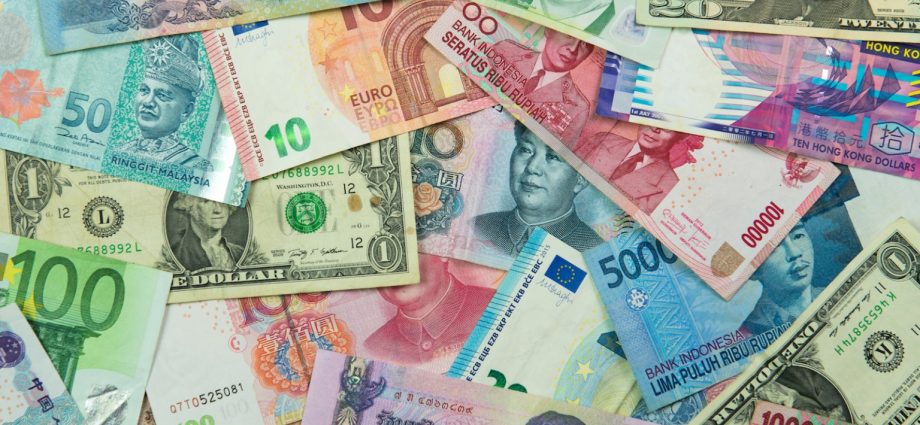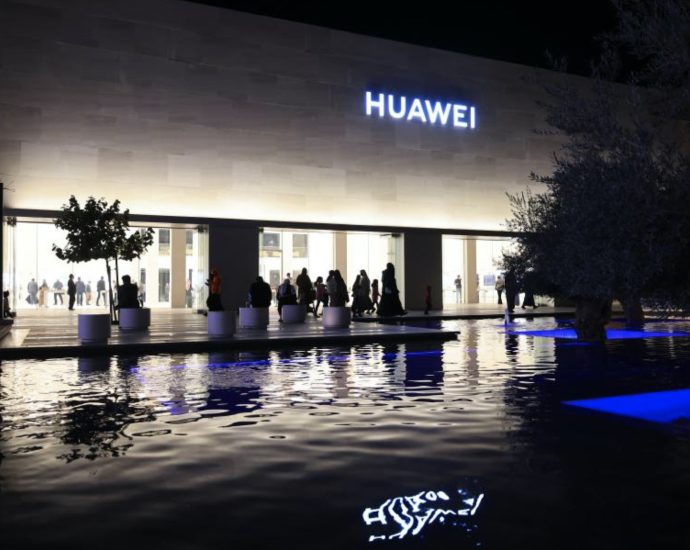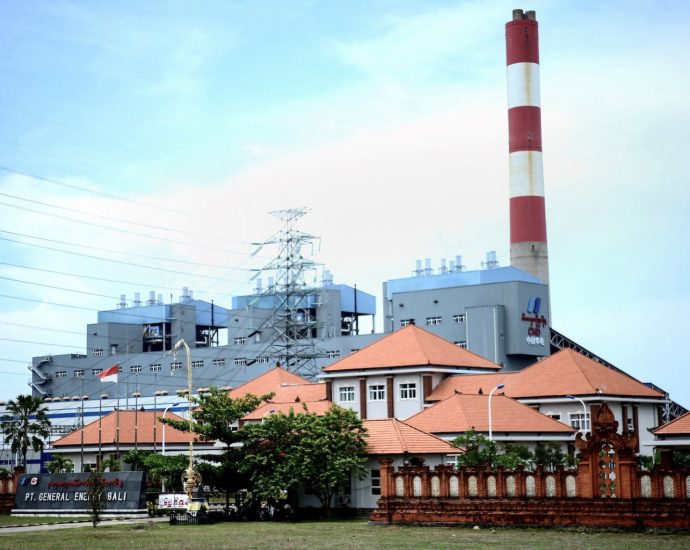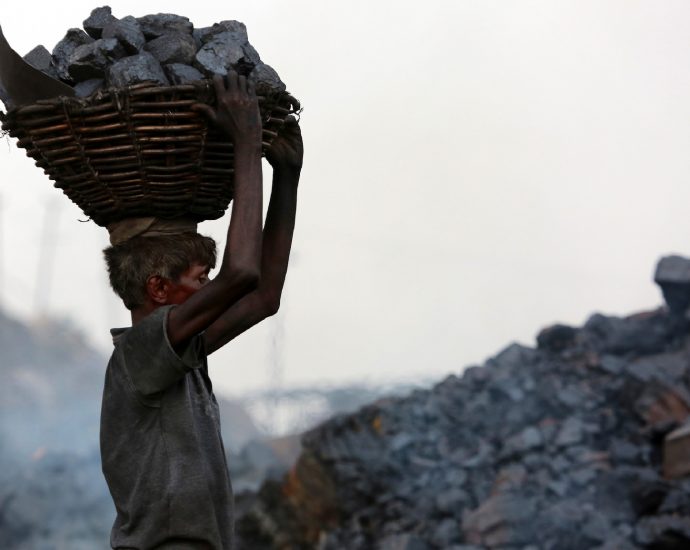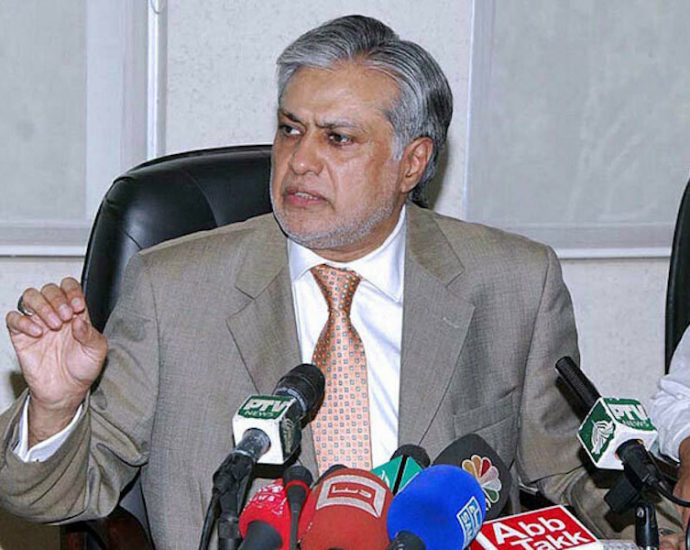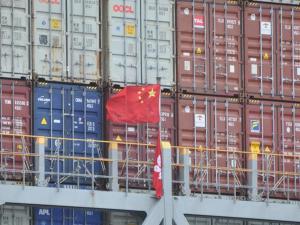Dollar weaponization just cause for Asian Monetary Fund

Malaysian Prime Minister Anwar Ibrahim’s recent call for the revival of an Asian Monetary Fund (AMF) “to reduce reliance on the dollar or the International Monetary Fund” (IMF), raises the question of whether an AMF was necessary in the first place. Japan proposed the idea of an AMF shortly after the outbreak of the Asian Financial Crisis in July […]Continue Reading

